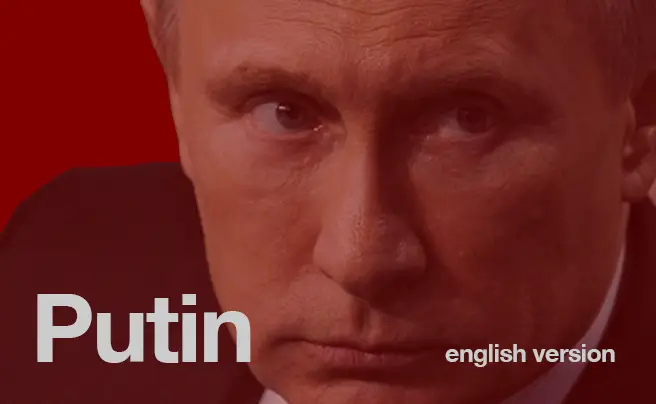The International Criminal Court in The Hague has issued an international arrest warrant for Russian President Vladimir Putin but, in my opinion, it’s not possible to arrest Putin, not even outside of Russian territory…
Putin is shielded by diplomatic immunity
Let’s start by saying that a foreign Head of State on an official visit to another Country enjoys diplomatic immunity and cannot be arrested.
This principle is enshrined in the 1961 and 1963 Vienna Conventions on Diplomatic and Consular Relations. In particular, Article 29 of the Vienna Convention on Diplomatic Relations states that: ‘The person of a diplomatic agent shall be inviolable. He shall not be liable to any form of arrest or detention. The receiving State shall treat him with due respect and shall take all appropriate steps to prevent any attack on his person, freedom or dignity.’
This inviolability obviously also extends to Heads of State, Heads of Government and Foreign Ministers on official visits abroad, so that they cannot be arrested or subjected to any form of restriction of their personal freedom for the entire duration of the visit, resulting that is not possible to arrest Putin…
Such immunity can only lapse if formally waived by the sending State, which will never happen. Therefore, it is not legally possible to arrest a foreign Head of state during an official visit. Any international arrest warrants will have to be executed upon his return home, an even more remote eventuality.
Not even the International Criminal Court can force a state to arrest Putin
The question of whether the International Criminal Court can force a state to arrest Russian President Vladimir Putin is quite complex and articulated because it involves several principles of international law.
First of all, it must be considered that Russia is not a party to the Rome Statute, i.e. the treaty that established the ICC, neither the United States of America, and consequently, the Court has no jurisdiction over Russian territory or citizens. As we have seen, Putin, as President, enjoys diplomatic immunity, which is why, as Heads of State, he remains inviolable even when on official visits abroad according to current international conventions.
Furthermore, note that the ICC operates on the basis of complementarity with national courts and has no power to impose obligations on states. In fact, the Statute explicitly provides that the Court cannot proceed if this forces a state to fail to comply with the rules on diplomatic immunities.
In light of all the above, ICC judges cannot issue an arrest warrant against Putin, let alone oblige a state to arrest him, even if accused of the most heinous crimes, resulting in the impossibility of arresting Putin…
The intricacies of international law and the principles of national sovereignty protect, in this case, the Russian President from a potential trial in The Hague.
The original version of the article in Italian is also available: Ecco perché non è possibile arrestare Putin!
